The minds that are going to shape our future in the decades to come are those of the young people, sitting in class across the country today, being taught by a teacher.
Teachers are vitally important to our classrooms and our communities. They help us read, write, communicate, calculate, explore and investigate – and often, a teacher gives us the inspiration and encouragement to pursue our dreams and our careers.
That’s why today Australia celebrates World Teachers’ Day – a day to acknowledge our teachers and say thanks for the significant contributions they make in our classrooms and communities.
This week, we asked four of our scientists about the teachers that most influenced them and sparked their passion to pursue a career in science:
Mike Collins, Mechanical Engineer (Solar Energy Systems), Energy
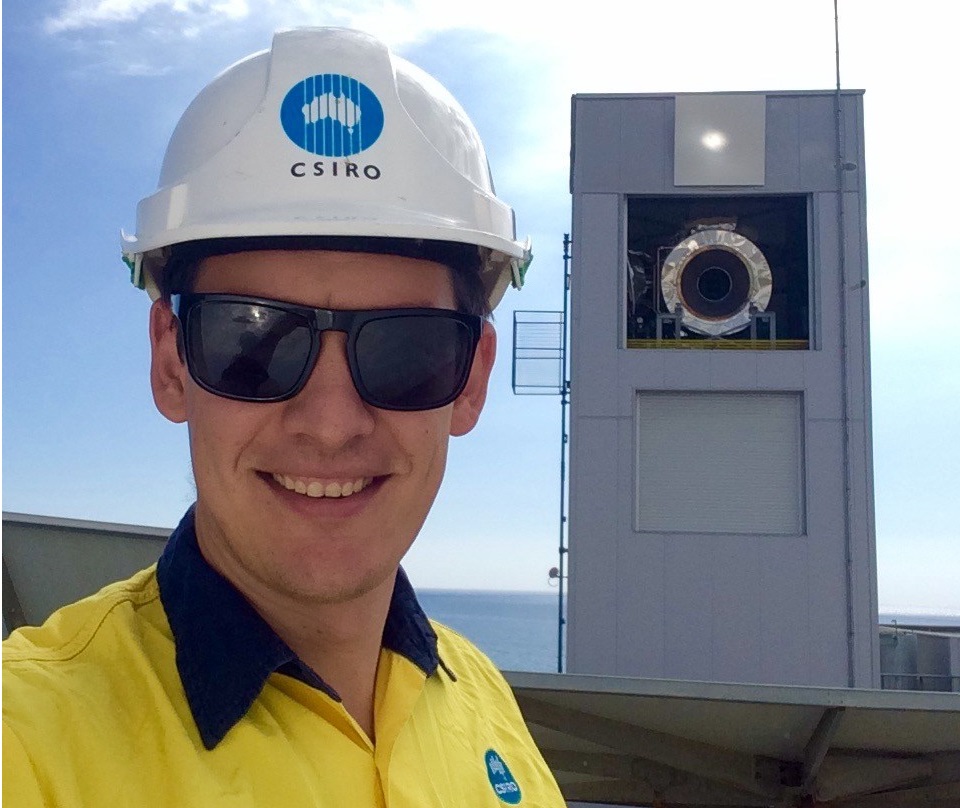
‘Mr Mewburn, ‘Mewy’, my Year 11 and 12 Chemistry teacher at Hillston Central School was the most influential teacher in my life. Mewy always spoke to us as peers, and in a matter-of-fact way about how we were all going to have great careers in Science or Chemistry. This confidence in us as students really cemented in us the idea that we could all do well in the HSC and pursue whatever we wanted (even a job at CSIRO!), despite being from a tiny school in the country.’
Danielle Kennedy, Director, Active Integrated Matter Future Science Platform, Manufacturing
Danielle Kennedy, Director, Active Integrated Matter Future Science Platform, Manufacturing
‘Mr Terry Dyball, at St Johns College Dubbo, had this great way of taking science and making it alive for me. At the time we thought his experiments always went wrong. But looking back now, this stuff was exciting and brought the science to life, I think it was a calculated risk to wake us up and have us pay attention to the classes. He definitely ignited my passion for chemistry and to learn more about how it shapes the world around us. So when it came to choosing science disciplines he was extremely influential.’
Nerida Horner, Northern Territory Research Consultant, Land and Water
Nerida Horner, Northern Territory Research Consultant, Land and Water
‘My high school Biology teacher Mr Bruce Stone was very influential in helping cultivate in me an attitude of wonder and thirst for knowledge in science. He was sharp, quirky, set high standards for us and had a lot of fun at the same time. But it is hard to pick just one. I was fortunate to have some incredible women maths and science teachers in High School too, Mrs Di Pasquale (Maths), Mrs Van Egmond (Chemistry) who pushed me to achieve and never created any expectation gap between the boys and the girls.
They absolutely influenced my career choice. Choosing maths and science subjects opened up the opportunity to study engineering at university. They also brought in a female environmental engineer into our class one time to talk about how she applied these subjects to solve environmental challenges. I was hooked instantly and went on to study exactly that qualification. It’s led to a very interesting and diverse career in research, NGOs and government roles.’
Geoff Tuck, Team Leader, Oceans and Atmosphere
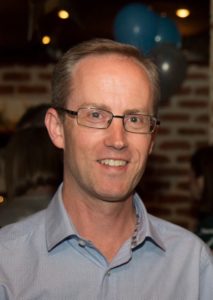
Photo of Geoff Tuck, Team Leader, Oceans and Atmosphere
Geoff Tuck, Team Leader, Oceans and Atmosphere
‘Len Keane was my mathematics teacher in year 9 (1983) at Unley High School in South Australia. Len (or Mr Keane as I have always known him) was a statuesque, strong, but quietly spoken man with a cheeky smile and wickedly dry sense of humour. His teaching style reflected this – he pushed us hard but knew that to engage with brash, young, hormone-fuelled teenagers he needed to know when to push and when to let us go. As an example, on hot Adelaide summer’s days, he would break our probability theory lessons, take us over to the gym and watch us climb ropes 10m to the ceiling, up and down continually until we were exhausted. I hate to think how modern HS&E would look at it, but we loved it. This mix of fun, applied learning and mutual respect I still remember and try to bring to my teaching, mentoring and now my parenting. Thanks so much Mr Keane.’
It is no wonder then that helping Australian teachers deliver engaging, relevant and exciting science, technology, engineering and mathematics (STEM) subjects is a big priority for us.
Many of our STEM education programs focus on supporting and inspiring Australian teachers and reinvigorating their passion for STEM through real-life science experiences.
We partner with ASTA to run residential programs such as STEM X Academy and STEM X regional that immerse science teachers in the world of up-to-date science, asking them work through real science challenges alongside scientists and then equipping the teacher with the methods for replicating those challenges in the classroom.
We facilitate partnerships between STEM professionals and teachers through the STEM Professionals in Schools program, helping teachers to inspire their students by bringing STEM subjects and careers to life in the classroom.
And we even invite primary and secondary teachers to sail on board our state-of-the-art marine research vessel, RV Investigator, allowing teachers to enhance their STEM content knowledge and develop curriculum-linked activities and resources to be trialled in their own classroom and shared with other teachers.
To us, teachers are a vitally important part of building Australia’s future and so today we join with students and communities across the country in saying ‘Thank you’!
Do you know a STEM teacher who’s going above and beyond?
We also have a range of award programs for teachers.

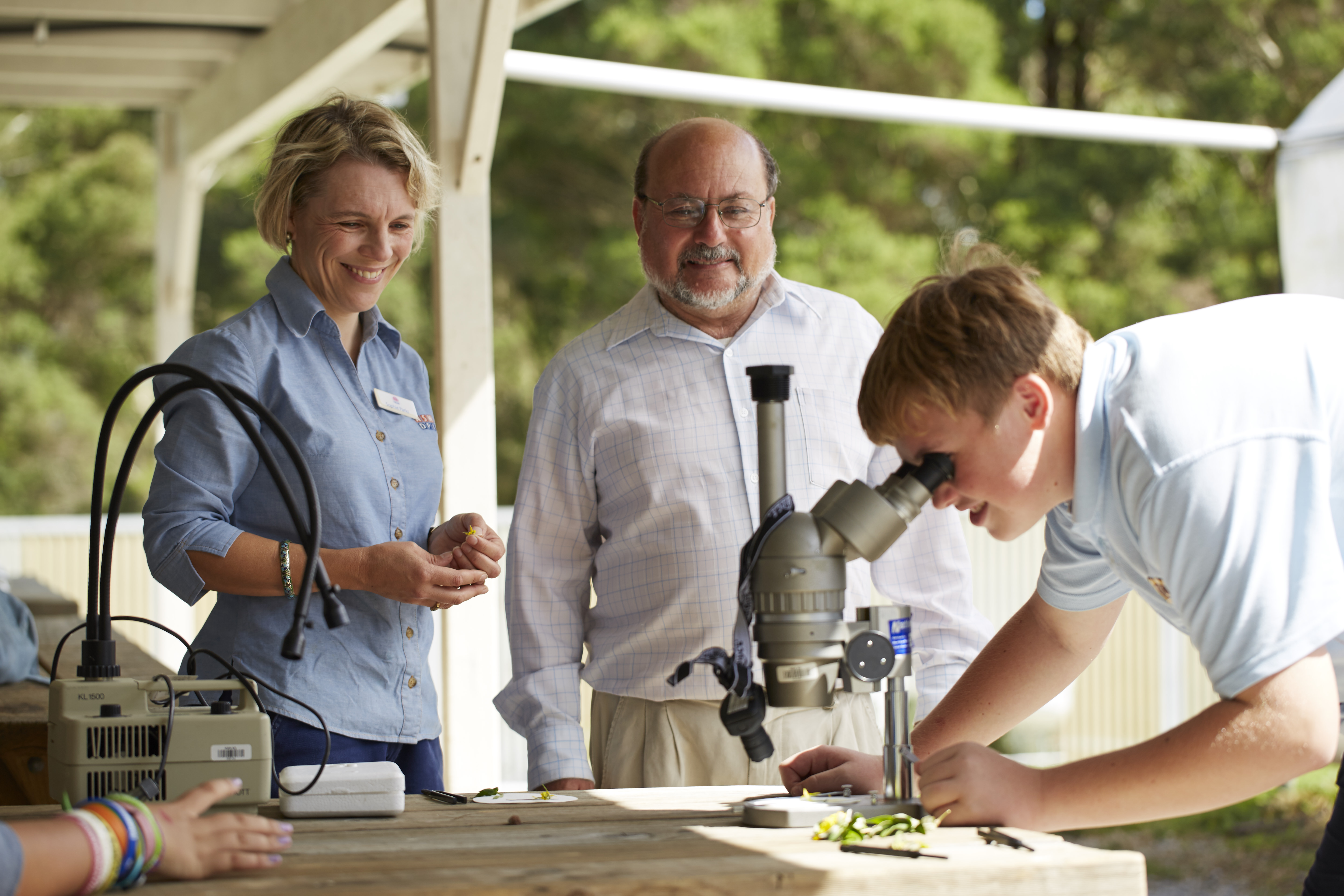
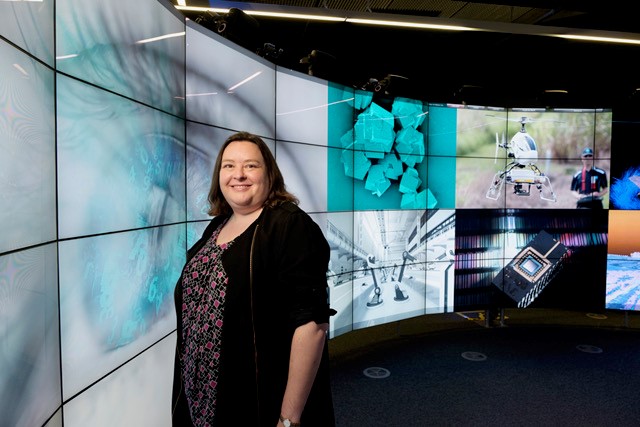
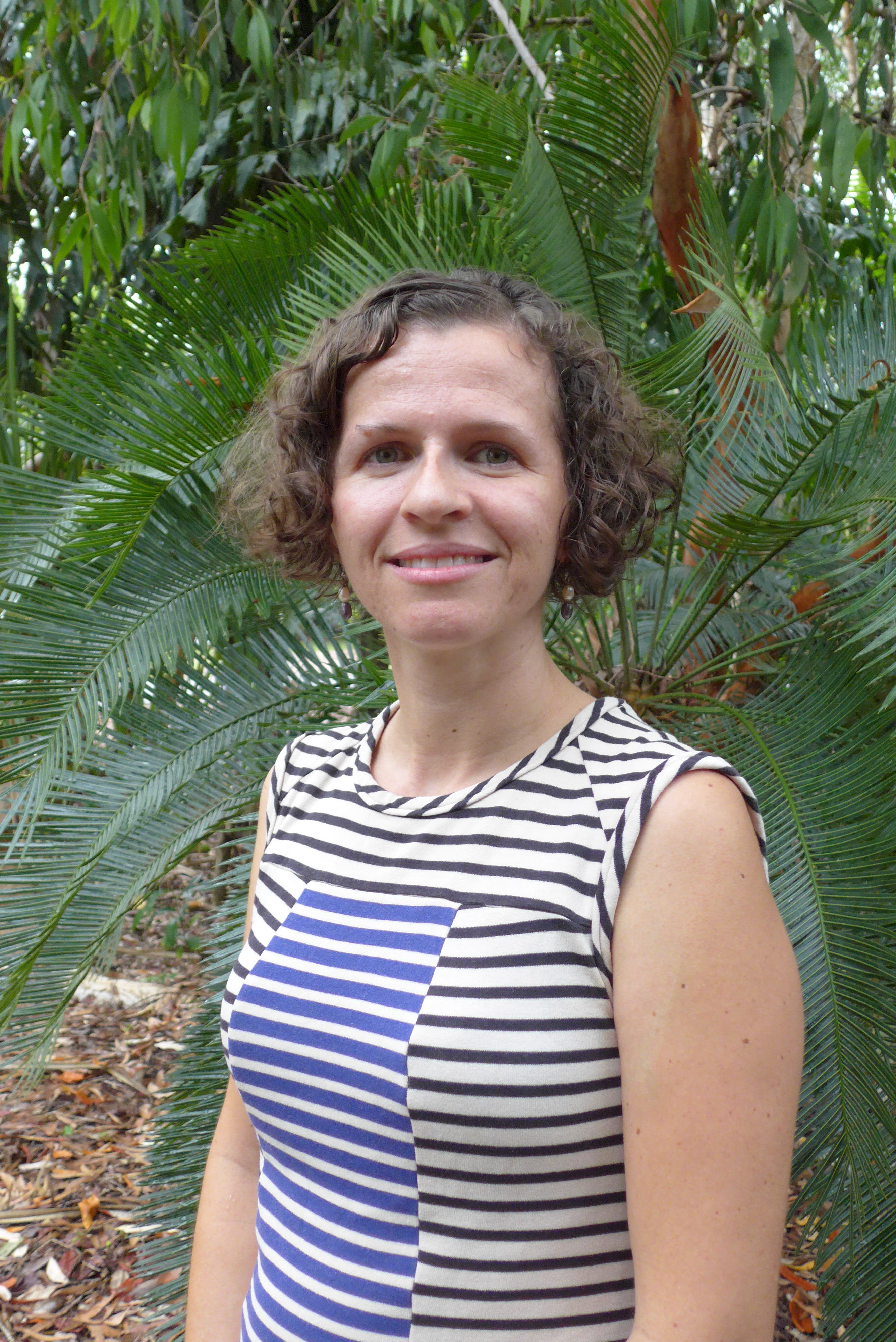

25th October 2020 at 12:54 pm
As a septagenarian retiree from CSIRO,I regret that my most inspiring teachers have passed on. Three stand out: Bernie Sheehan of Cootamundra Primary School, Mr Stephenson, Physics master at Cootamundra High School and Prof Jak Kelly at UNSW. I thank them all.